Introduction to Responsible Gaming in Nigeria
Gaming in Nigeria has experienced exponential growth over the years, fueled by a passion for sports and other gaming activities, especially among the youth. However, this growth brings with it major concerns about potential negative impacts, such as gambling addiction, which remains a significant challenge in Africa.
The Current State of Gaming in Nigeria
Despite these concerns, gaming operators and regulators in Nigeria are actively promoting responsible gaming to mitigate these risks. While public perception may sometimes clash with these efforts, there is always room for improvement in promoting responsible gaming practices. Gaming Operators like BetKing, Bet9ja, BetPawa, among others, are implementing several measures, tools, and resources to foster responsible gaming.
Measures to Promote Responsible Gaming
These measures include strict enforcement of age verification to prevent underage individuals (under 18) from accessing, participating in, or interacting with their platforms. It is mandatory to display the 18+ symbol prominently and consistently across websites, retail outlets, advertising, and marketing materials. Many operators offer self-exclusion tools, empowering players to manage their gaming activity. In addition to this, deposit limits, time limits, and loss limits on gaming platforms are promoted to control play.
Collaboration with Support Organizations
A key strategy is the emerging collaboration with support organizations and health institutions, such as Gamble Alert and Gamcare, to provide resources and assistance. Responsible gaming campaigns are also being conducted to educate users on the importance of playing responsibly. Comprehensive frameworks and policies are being developed and included on websites and outlets to ensure a unified approach to responsible gaming.
The Role of Regulators
Regulators are also playing a fundamental role in promoting responsible gaming. The Lagos State Lotteries and Gaming Authority (LSLGA) conducts annual responsible gaming campaigns and general awareness initiatives, such as responsible gaming advertisements. Additionally, the LSLGA is actively developing a self-exclusion portal, which will provide players with a tool to manage their gaming activities responsibly. The Oyo State Gaming and Lottery Board mandates responsible gaming training for prospective licensees before granting a license, and plans to introduce mandatory bi-annual training for its licensed operators.
Collective Responsibility
To truly promote responsible gaming, all stakeholders have a role to play, including players, operators, providers, regulators, the government, and the public. Players themselves play a crucial role in early identification and addressing potential gambling problems. Players should view gaming as entertainment, not a financial solution, and recognize when to stop. They should only use affordable funds, avoid gambling under the influence, take breaks, and set time and budget limits.
Need for Unified Standards
Despite the progress made, further efforts are needed from both operators and regulators, as it is observed that the level of commitment to responsible gaming varies among operators in Nigeria. Gaming regulators should prioritize the development of comprehensive, uniform responsible gaming standards and guidelines. These standards should encompass minimum requirements for all operators, promoting consistency and accountability across the industry.
Call to Action
The Association of Nigerian Bookmakers is also actively working to establish unified minimum responsible gaming standards for its members. These efforts aim to enhance the overall performance of operators and promote responsible gaming practices. We commend the ongoing efforts of gaming operators, regulators, and stakeholders in promoting responsible gaming practices and prioritizing player well-being. We strongly encourage operators who have yet to implement robust responsible gaming measures to do so.
Conclusion
Ultimately, fostering a safe and ethical gaming market that encourages responsible behavior is paramount to the growth and integrity of the industry. A unified approach with minimum standards across all Nigerian states is essential to ensure effective implementation of responsible gaming guidelines. By working together, we can promote a culture of responsible gaming and mitigate the risks associated with gaming addiction.



